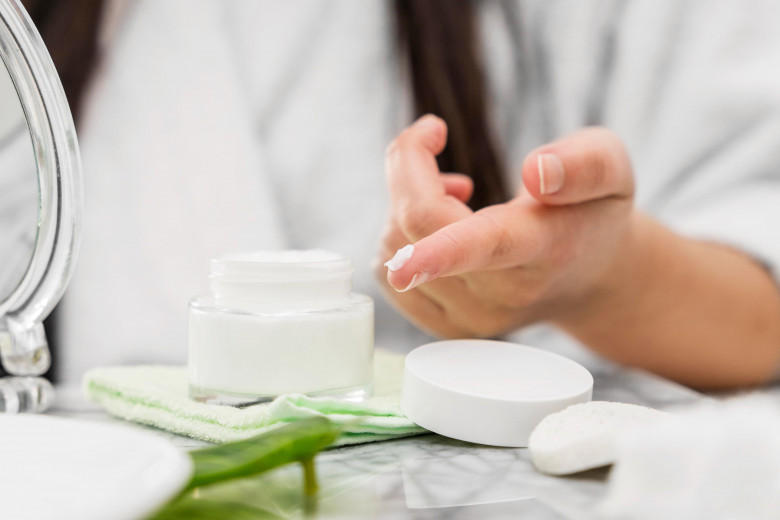Disclosure: This page contains affiliate links, meaning, at no additional cost to you, we may earn a commission if you click through and make a purchase.
In recent years, the beauty industry has undergone a significant transformation, moving away from one-size-fits-all solutions towards more personalized approaches. This shift is largely driven by advancements in technology, allowing for tailored skincare routines that address individual needs and concerns. Let's explore how this trend is reshaping our approach to skincare.

The Demand for Personalization
Consumers are increasingly aware that everyone's skin is unique, influenced by factors such as genetics, environment, lifestyle, and age. This awareness has fueled a demand for skincare solutions that cater to individual needs rather than broad categories.
Technology's Role in Personalized Skincare
Several technological advancements are making personalized skincare more accessible:
- AI and Machine Learning: These technologies can analyze vast amounts of data to identify patterns and make recommendations based on individual skin types and concerns.
- Online Consultations: Telehealth platforms allow users to consult with dermatologists and skincare experts from the comfort of their homes.
- Skin Analysis Tools: Advanced imaging technology can assess skin condition, identifying issues that may not be visible to the naked eye.
- Custom Formulations: Some companies use data from skin analyses and questionnaires to create bespoke skincare products.
Benefits of Personalized Skincare
Tailored skincare routines offer several advantages:
- Increased Efficacy: Products chosen specifically for your skin type and concerns are likely to be more effective.
- Cost-Efficiency: By using products that work for your skin, you may spend less on trial and error.
- Simplified Routines: Personalized approaches often result in streamlined routines with fewer, but more effective, products.

Personalized Skincare in Action
Several companies are at the forefront of this personalized skincare revolution. One such company, Hers, offers a range of options to help individuals build their ideal skincare routine. Whether dealing with stubborn acne, looking to minimize fine lines and wrinkles, or simply wanting to upgrade an existing regimen, Hers provides quality, dermatologist-trusted products tailored to individual needs.
Their approach allows users to create a personalized skincare routine based on their specific concerns and goals. This level of customization was once only available through expensive, in-person dermatologist consultations, but is now accessible to a broader audience through technology-driven platforms.
The Future of Personalized Skincare
As technology continues to advance, we can expect even more sophisticated personalization in skincare:
- Real-time Adjustments: Wearable devices might monitor skin condition and environmental factors, suggesting routine adjustments as needed.
- 3D-Printed Skincare: Custom-formulated products could be printed on-demand based on current skin conditions.
- Microbiome Analysis: Skincare might be tailored not just to skin type, but to an individual's unique skin microbiome.
The rise of personalized skincare, driven by technological advancements, is revolutionizing how we approach our beauty routines. By leveraging data, AI, and telehealth capabilities, companies are able to provide more effective, tailored solutions to address individual skincare needs. As this trend continues to evolve, we can look forward to even more innovative and personalized approaches to achieving healthy, radiant skin.
While personalized skincare offers exciting possibilities, it's important to remember that it doesn't replace the need for a healthy lifestyle and sun protection. Always consult with a dermatologist for persistent or serious skin concerns, and remember that what works for one person may not work for another. The beauty of personalized skincare is that it acknowledges and embraces these individual differences, helping each person find their own path to their best skin.












